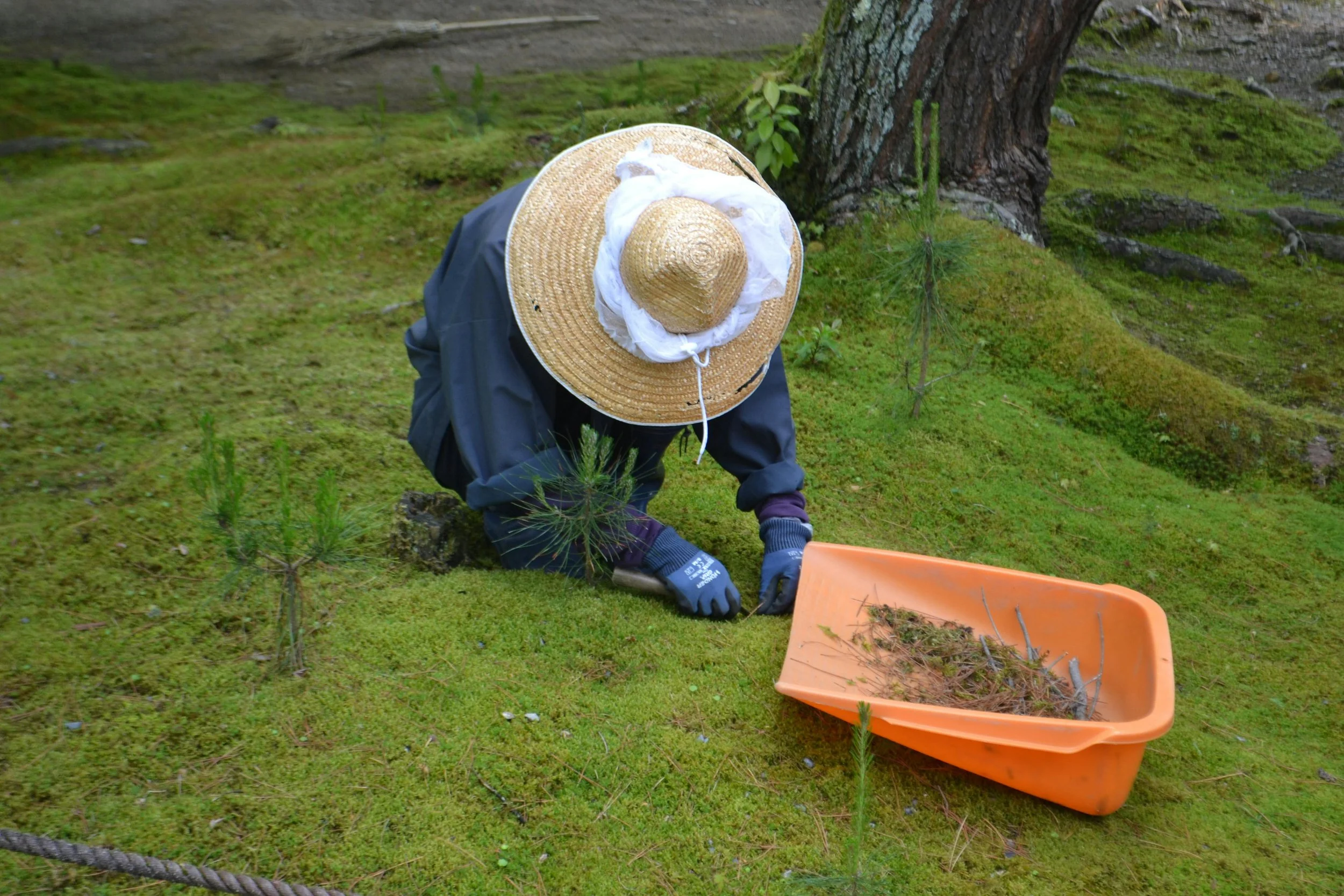Op-Ed | Managing Weeds, Nourishing Soil: A Holistic Approach to Agricultural Resilience
By Olanrewaju E. Adeyemi, Ph.D. Student, Plant, Soils, and Climate Department, Utah State University
In the age of climate change and environmental degradation, sustainable agriculture has never been more crucial. One of the most pressing challenges facing farmers today is the management of herbicide-resistant weeds, which threaten crop yields, soil health, and ecosystem balance. Integrated Weed Management (IWM) strategies are essential for combating these weeds while fostering soil resilience and long-term agricultural sustainability. This column explores how IWM not only addresses weed resistance but also promotes soil health as a foundation for resilient farming systems.
The Link Between Herbicide Resistance and Soil Degradation
Weeds can dramatically reduce agricultural productivity, and their increasing resistance to herbicides poses significant challenges for farmers. Overreliance on chemical controls has led to the selection of resistant weed populations, forcing farmers to apply higher herbicide doses or switch to different chemical treatments. This cycle of increased chemical dependency can lead to soil degradation by disrupting microbial communities, reducing organic matter, and negatively affecting soil structure. IWM presents a comprehensive approach that integrates cultural, mechanical, biological, and judicious chemical control methods to preserve soil health while effectively managing weeds.
Cultural Practices: Strengthening Soils to Outcompete Weeds
At the heart of IWM lies the understanding that healthy soils promote robust crop growth, which naturally suppresses weed populations. Practices such as crop rotation, cover cropping, and reduced tillage enhance soil structure, improve organic matter content, and support beneficial microbial activity. For example, intercropping with fast-growing leguminous cover crops not only suppresses weed germination but also fixes nitrogen, improving soil fertility. A well-structured soil with high organic matter and diverse microbial populations creates conditions where crops outcompete weeds, reducing reliance on herbicides and fostering long-term soil resilience.
Mechanical and Biological Controls: Enhancing Soil Biodiversity
Mechanical weed control methods, such as shallow tillage, mowing, and hand-pulling, can be used strategically to manage weeds without excessive soil disturbance. While excessive tillage can contribute to soil erosion and carbon loss, targeted tillage—combined with cover cropping—can disrupt weed life cycles while preserving soil structure. Biological controls, such as introducing weed-suppressive bacteria or using grazing animals, provide an eco-friendly alternative that maintains soil biodiversity. Integrating these strategies reduces dependence on chemical inputs, supports a diverse soil microbiome, and promotes overall soil health.
Judicious Chemical Control: A Balanced Approach for Soil Protection
While herbicides remain a valuable tool in weed management, their overuse can lead to resistant weed populations and unintended harm to soil health. IWM emphasizes the importance of using herbicides as part of a broader management strategy rather than as the primary control method. By employing herbicide rotation, proper application timing, and integrated monitoring strategies, farmers can maintain the efficacy of chemical controls while minimizing their impact on soil microbiota and organic matter content. Supporting policies that promote best practices in herbicide stewardship will be critical for preserving both agricultural productivity and soil sustainability.
The Role of IWM in Climate Resilience and Food Security
The degradation of arable lands due to invasive weeds and herbicide misuse is further exacerbated by climate change. Rising temperatures and shifting precipitation patterns create conditions favorable for aggressive weed species, intensifying competition with crops. IWM offers a proactive approach to mitigating these challenges by improving soil structure, increasing water retention, and fostering biodiversity—all of which contribute to climate-resilient farming systems. Sustainable weed management ensures that agricultural lands remain productive, supporting food security while preserving the environment for future generations.
Conclusion: Advocating for Soil-Centered Weed Management
As we navigate the pressing challenges of herbicide resistance, soil degradation, and climate change, integrating weed management with soil health principles is essential for sustainable agriculture. Organizations like the Coalition for Action on Soil Health and stakeholders across academia, policy, and farming communities must advocate for research, policies, and education that prioritize IWM as a soil-protective strategy.
Call to Action:
Promote soil-focused weed management policies: Support legislative initiatives that incentivize integrated weed management and regenerative farming practices.
Engage with local agricultural networks: Join initiatives that provide farmers with training and resources for sustainable weed management.
Educate yourself and others: Stay informed about advances in weed science and soil health to drive evidence-based decision-making in agriculture.
By adopting Integrated Weed Management with a focus on soil health, we can create resilient agricultural systems that not only sustain crop production but also restore and protect the very foundation of our food systems: the soil.
Learn more:
About the Author
Olanrewaju (Ola) Adeyemi is a Ph.D. student in Plant Science at Utah State University (USU), researching Kochia (Bassia scoparia) resistance to herbicides in Utah under the mentorship of Dr. Mirella Ortiz. He holds an M.S. in Plant Science from the University of Idaho, where he studied barley yield and protein response to nitrogen and sulphur fertilization, and a B.Agric in Horticulture from the Federal University of Agriculture, Abeokuta in Nigeria.
With expertise in weed science, soil health, and sustainable agriculture, he has contributed to peer-reviewed publications on soil fertility, crop production, and integrated weed management. Ola holds an Advanced Soil Health Training Certificate from Cornell University. He is actively involved in professional organizations, serving as the President of the Web of Nigerian Agricultural Scientists in Diaspora (ASA-CSSA-SSSA), Vice President of the USU Nigerian Students Association, and a member of the Utah State University Ecology Center Seminar Committee. Most recently, Olanrewaju joined the #Youth4Soil Initiative as a mentor.
His research, leadership, and service reflect his dedication to sustainable weed management and agricultural resilience.





